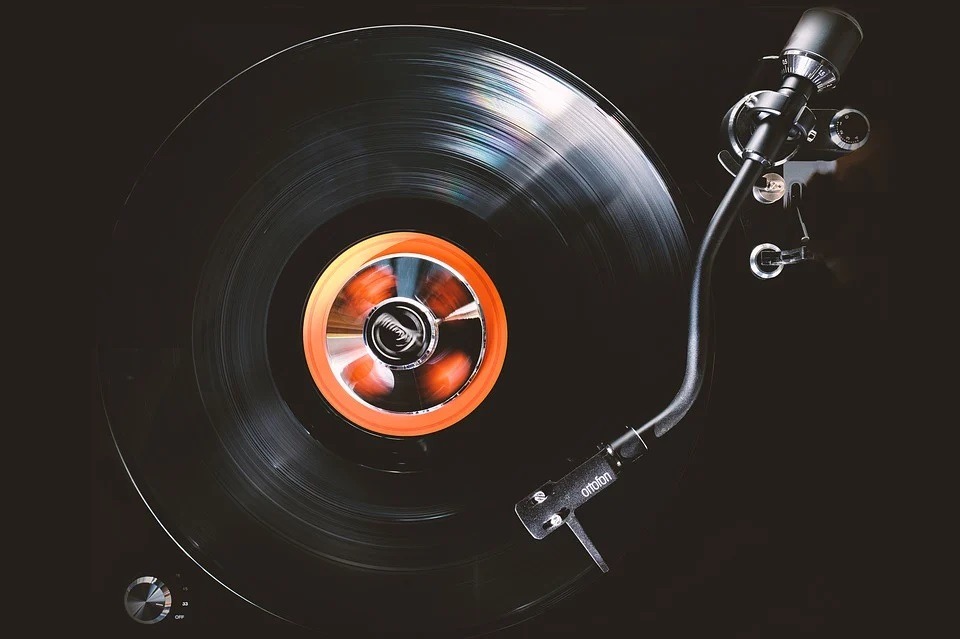Have you ever had your favorite records produce crackling noises when you try to play them? If so, then you know how frustrating that sort of experience can be. The good news is there’s a very easy and practical solution to that problem.
It’s highly likely that those crackling sounds are because dirt has likely accumulated in between the grooves of the vinyl over time. Smoke, fingerprints, microscopic dust, and other airborne pollutants will land on the playing surface and into the grooves.
If you don’t get rid of the dust, these pollutants will create audible pops, noise, and eventually wear down both the vinyl and the needle of the record player. As the stylus of your player will hit the dust particles, producing heat and friction in the process. The friction can potentially blast holes across the groove walls and permanently damage your vinyl.
Cleaning Your Vinyl Records
Frequently cleaning your records will make sure you get the best sound quality and save your albums and equipment from wear and tear. There are two approaches you can use to make sure of your vinyl records.
The first option is to buy a commercial cleaning kit. However, this choice will cost you quite a bit of money, anywhere between the hundreds to the thousands in dollars. But if you’re not looking to spend that kind of money, there’s a second option that is just as effective. What’s better is that you need a few materials that you probably already have inside your house.
The best and most affordable way of cleaning your vinyl records involves using deionized, distilled water. Distilled water will remove all impurities on the surface including dust, grime, or fingerprints.
Distilled water, especially distilled water 5l should be available in a supermarket, pharmacy, or Golyath. Using regular water may prove counterproductive because it may have a bit of mineral residue that can damage the record.
You also need a bit of soap to clean your vinyl records. Unfortunately, this is perhaps the major drawback to this approach since soap can leave a bit of residue on your records.
A better choice would be to use some anti-static record cleaning solution but a bottle costs about $20. You’ll also need a bowl and two pieces of microfiber.
How To Clean Your Vinyl Records Using Distilled Water
Put a small amount of soap in the bowl and add about 500ml of distilled water into the bowl to make a solution. Next, dip one of the microfiber cloths into the solution and lightly scrub the grooved surface of the record about 5 times.
Rinse the record by pouring distilled water over the grooves to remove all the soap off and dry the record with the dry section of the cloth. From there, let it dry naturally for a few hours before playing it.
Final Thoughts
Regardless of if you’re a serious vinyl record collector or just a casual listener, you have to agree that a clean vinyl record will give you the best sound.
Clean records offer a more detailed sound with minimal distortion. They also last longer since the stylus won’t be ingraining dirt into the groove walls of your record. Just make sure you clean them regularly and you’ll enjoy them for a lifetime.

